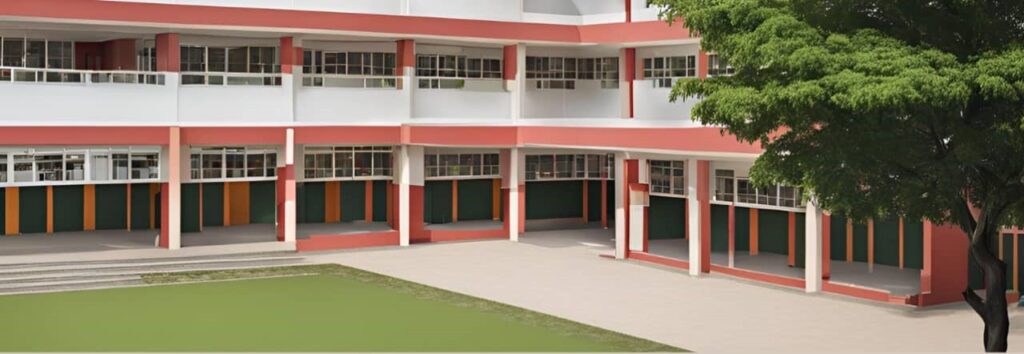In a remarkable chapter of India’s educational and social reform history, the Calcutta Deaf and Dumb School, founded in 1893, stands as the first formal school for the hearing impaired in India. This pioneering institution not only provided access to education for children with hearing and speech disabilities but also laid the foundation for special education in the country.
Founded by Reverend Lal Behari Shah, the school emerged at a time when individuals with disabilities were largely excluded from formal education. With a deep commitment to inclusion, the school introduced structured learning programs that empowered children with hearing and speech impairments through literacy, sign language, and vocational training.
- Name: Calcutta Deaf and Dumb School
- Founded: 1893
- Location: Kolkata, West Bengal
- Founder: Rev. Lal Behari Shah
- Mission: To educate, empower, and rehabilitate hearing- and speech-impaired children
“It was a beacon of hope when the concept of special education was virtually nonexistent in India,” said a school historian.
The school’s curriculum was revolutionary for its time, incorporating:
- Sign language instruction
- Speech therapy sessions
- Basic and advanced academic subjects
- Vocational skills to promote financial independence
Over the years, the school has educated thousands of children, enabling them to lead self-reliant and dignified lives. Its model has inspired the creation of dozens of similar institutions across India.
Today, the Calcutta Deaf and Dumb School continues its mission with upgraded facilities, trained special educators, and assistive technologies—remaining a cornerstone of inclusive education in India.
As India advances in accessibility and inclusive policies, this historic institution stands as a proud symbol of compassion, reform, and resilience.






